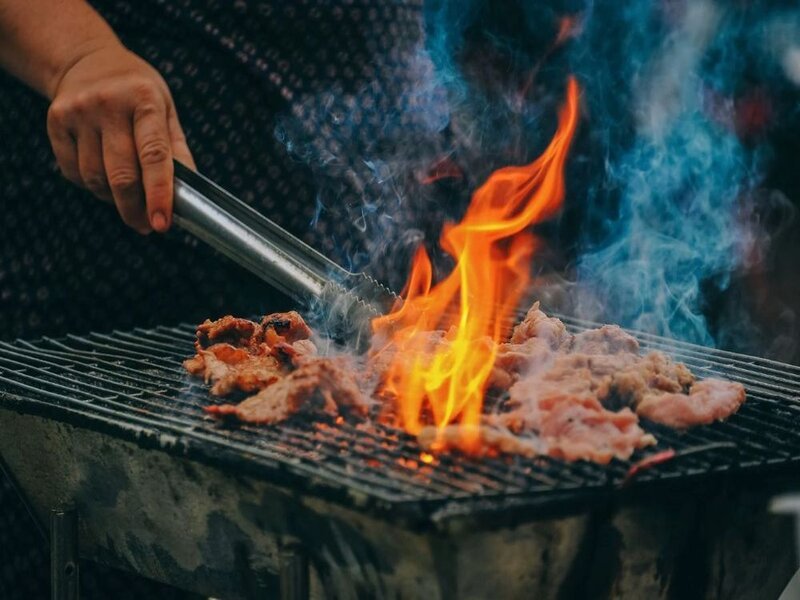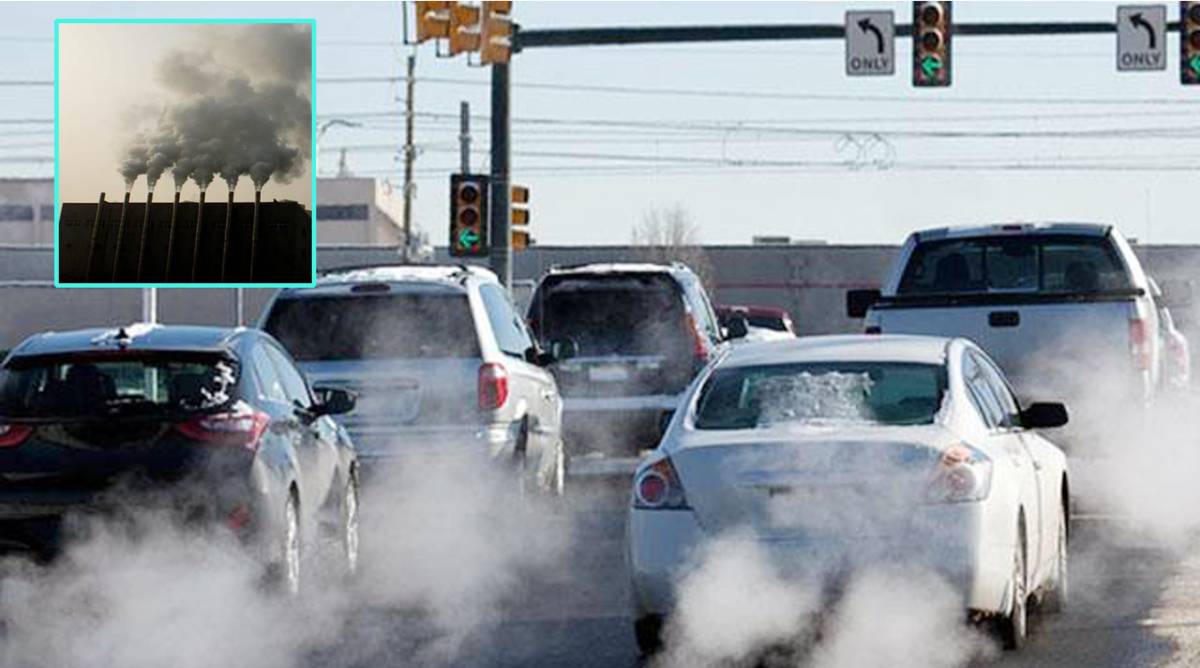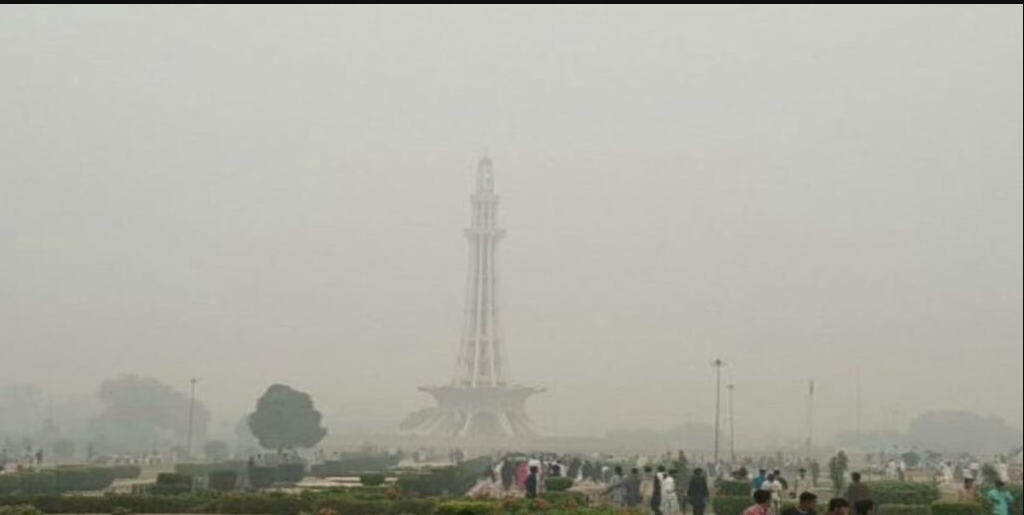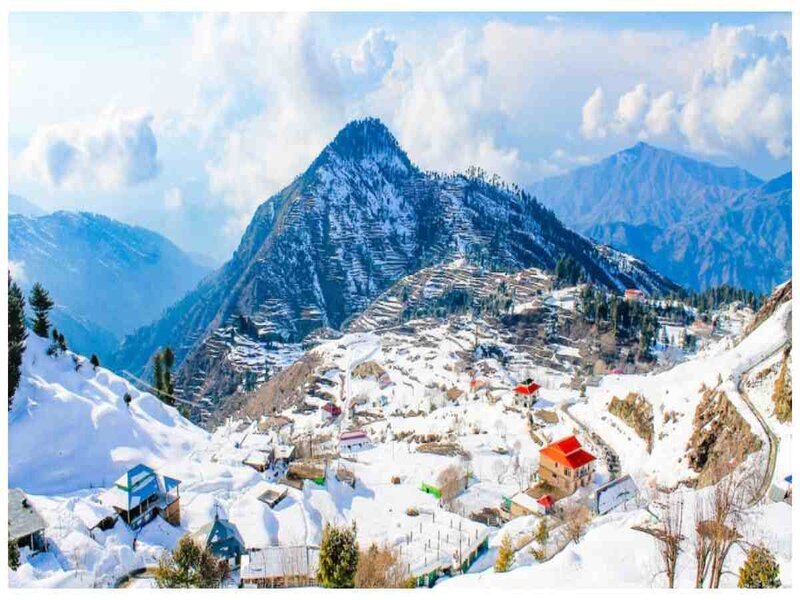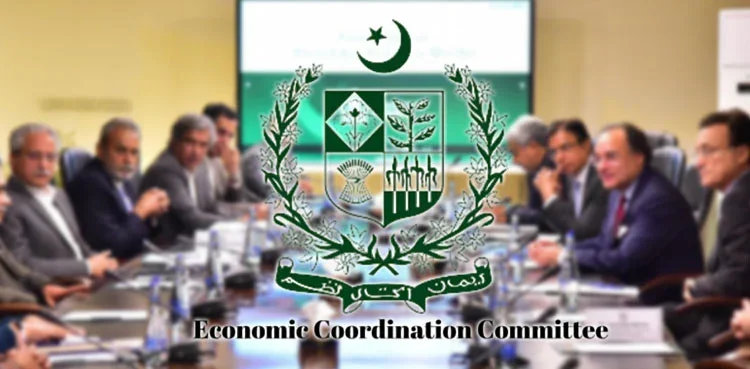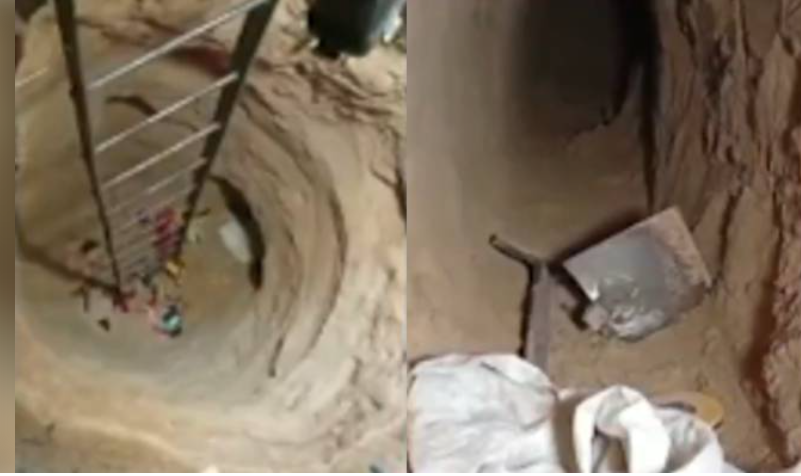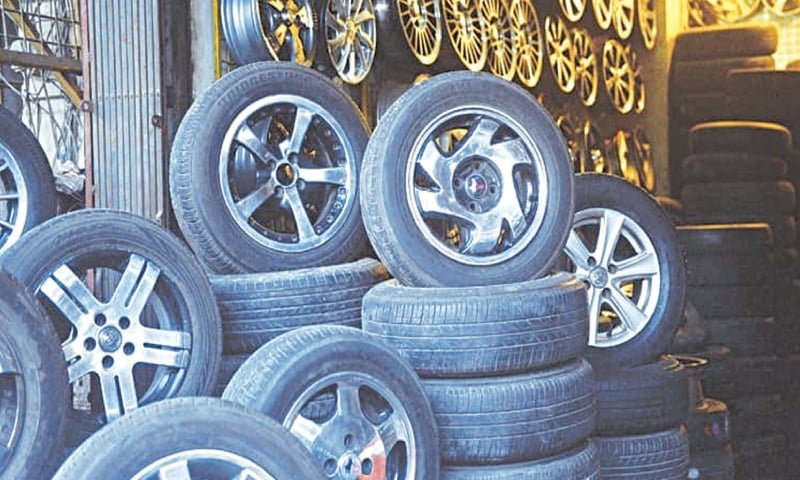The Punjab government has introduced a province-wide ban on the use of wood and charcoal in restaurants and BBQ outlets as part of a broader strategy to curb rising air pollution levels. This restriction applies to all eateries, including hotels, and businesses have been given a 15-day window to install proper smoke control systems such as suction hoods. Failure to comply will lead to legal consequences under environmental regulations. In a directive issued recently, the Environment Protection Agency and the Punjab Food Authority have launched joint inspection drives across the province. EPA Director General Imran Hamid Sheikh confirmed that enforcement teams are now active in all districts, emphasizing that eateries emitting visible smoke will not be tolerated. Deputy commissioners have been tasked with overseeing local enforcement and ensuring that all establishments adhere to the new requirements. This decision is part of Punjab’s intensified smog prevention efforts ahead of the winter season, which typically sees a sharp rise in air pollution due to lower temperatures and atmospheric stagnation. Inspections have also extended to industrial operations, vehicles, and the burning of waste in open spaces as part of a multi-sectoral crackdown on emissions. The urgency of this move is underscored by deteriorating air quality across the province. The EPA’s most recent eight-hour assessment reported an average Air Quality Index of 164, a level considered unhealthy for sensitive groups. Gujranwala topped the chart with an AQI of 239, followed by Kasur at 209 and Lahore at 206—each falling in the “Very Unhealthy” category. Other cities, including Narowal, Faisalabad, and Hafizabad, also reported AQI levels well above 170, far exceeding internationally accepted safety thresholds. With public health at risk and pollution indicators worsening, the ban aims to target a significant source of urban emissions and push the hospitality sector toward cleaner, more sustainable practices.
